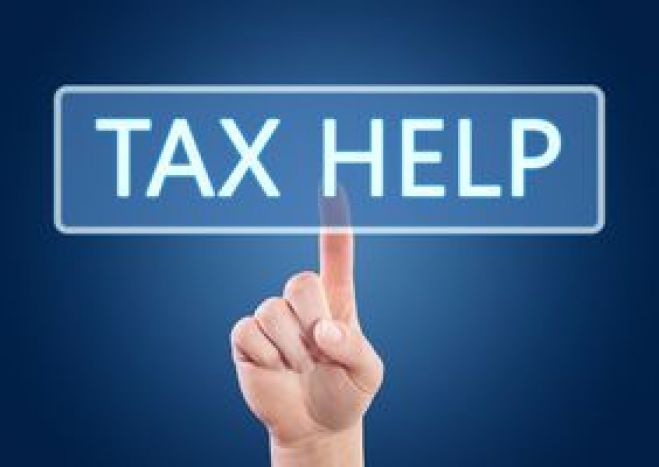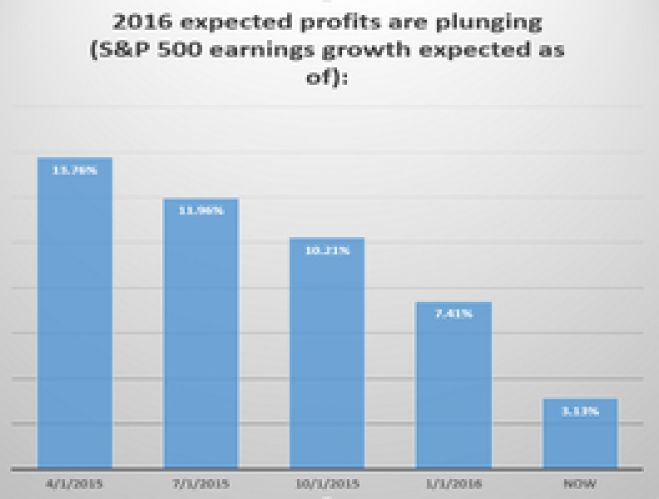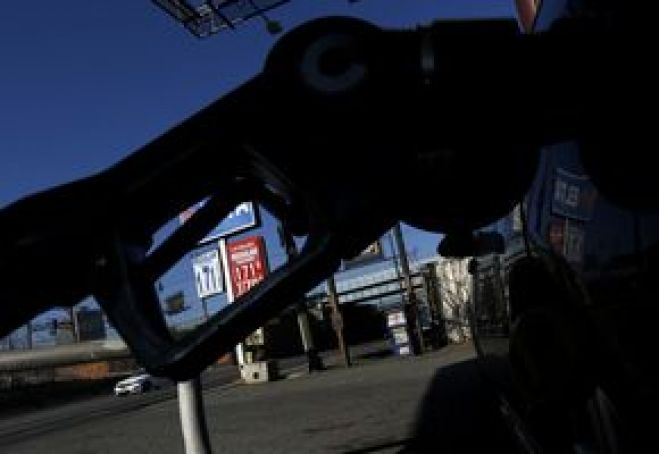9 Social Security facts every retiree should know
Todd Campbell, The Motley Fool 8:01 a.m. EDT April 3, 2016 The average retired worker receives a monthly Social Security benefit of $1,341 this year.(Photo: Getty Images)The Social Security program provides a critical safety net for 59 million Americans, but that doesn't mean that everyone knows all there is to know about it. For example, did you know that the latest number-crunching in Washington indicates that Social Security payments could be cut by 29% in 2030? Read on to find out more about how this vital program works and how changes to it may affect you in the future.No. 1: It's not a savings accountYes, you made significant contributions in the form of payroll taxes to Social Security when you were working, but those taxes were used to pay your parents' Social Security income. Unlike employer-sponsored retirement plans and IRAs, Social Security is a pay-as-you-go system, and that means that the benefits you receive today are being paid for by taxes on current workers, not taxes you paid in the past.No. 2: Running on fumesRevenue that's collected from current workers via the 12.4% payroll tax has fallen shy of the amount needed to pay Social Security outlays since 2010. The shortfall is being made up for with money that's coming out of the Social Security Trust Fund. However, the Congressional Budget Office reports that the Trust Fund will run out of money in 2029. If so, then an across-the-board 29% cut in benefits could be on tap in 2030.No. 3: Averages can deceiveThe Social Security Administration reports that the average retired worker receives a monthly Social Security benefit of $1,341 this year. But, as you see in the following chart, the amount of money that recipients receive for Social Security varies widely. Typically, retirees pocket a monthly benefit that ranges…
Read more...















